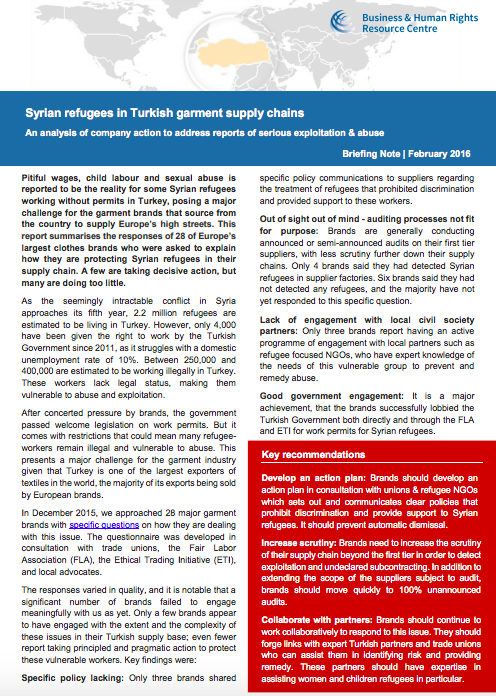Prostitution: Exploitation, Persecution, Repression
PublicationsThe Fondation Scelles presents the 4th Global Report on sexual exploitation. The goal of this book is to analyze the facts to better understand the evolution of prostitution in each country. So, one will find here the analyses of 38 countries from a...Read More

